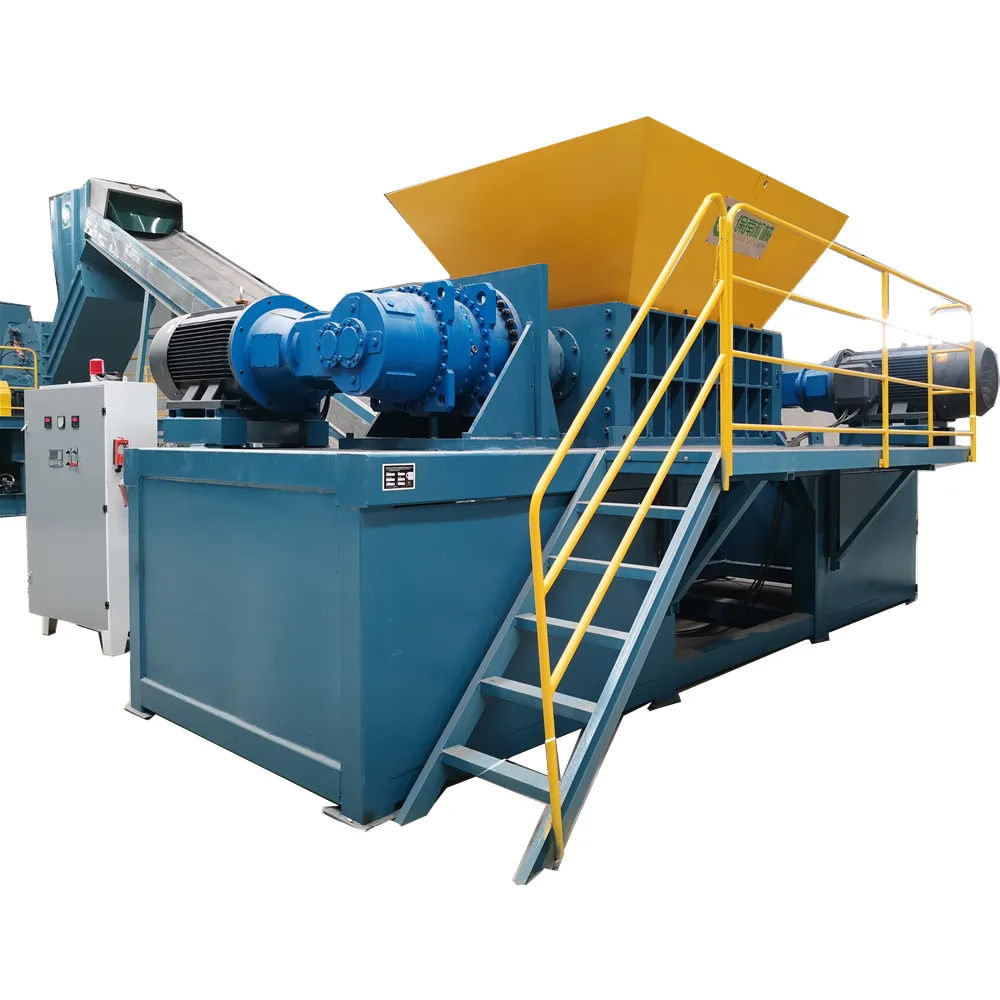

ديسمبر . 14, 2024 08:28 Back to list
The Importance of Aluminum Recycling Plants
Aluminum recycling plays a crucial role in mitigating the environmental impact of industrial processes and conserving natural resources. As global demand for aluminum continues to rise, so does the necessity for efficient recycling methods. Aluminum recycling plants serve as the backbone of this process, transforming scrap aluminum into reusable materials while reducing energy consumption and greenhouse gas emissions.
The Importance of Aluminum Recycling Plants
The process of recycling aluminum begins with the collection of scrap metal. This scrap can come from numerous sources, including post-consumer products, manufacturing waste, and demolition debris. Recycling plants employ sophisticated sorting and processing techniques to ensure that only high-quality aluminum enters the recycling stream. After sorting, the aluminum is cleaned to remove any contaminants, such as plastic or paint, which could affect the quality of the recycled product.

Once cleaned, the aluminum is crushed and melted in large furnaces. The melting process typically requires less than 10% of the energy needed to produce new aluminum from bauxite ore. After the molten aluminum is extracted, it is cast into large blocks, known as ingots, which can be transported to manufacturers for reuse. This closed-loop system exemplifies the circular economy, where materials are continually repurposed rather than discarded.
The benefits of aluminum recycling are extensive, contributing not only to environmental sustainability but also to economic growth. Recycling plants create numerous jobs in both operations and logistics. They also stimulate local economies by sourcing scrap aluminum from communities and turning it into valuable products. Furthermore, the recycling industry fosters innovation, as companies continuously seek efficient technologies and methods to improve their processes.
Despite its advantages, the aluminum recycling sector faces challenges. Market fluctuations in aluminum prices can impact the viability of recycling operations. Additionally, public awareness about the importance of recycling remains inconsistent. Many individuals are still unaware of the environmental benefits associated with recycling aluminum or how to properly recycle it. To combat this, increased education and outreach efforts are essential to encourage more people to participate in recycling programs.
In conclusion, aluminum recycling plants are vital to achieving a sustainable, circular economy. They provide an effective solution to reduce energy consumption and environmental pollution associated with aluminum production while offering considerable economic benefits. As we advance into a more environmentally conscious future, the role of aluminum recycling plants will only grow in significance. Investing in and supporting these facilities is crucial for conserving our planet's resources and ensuring a greener, more sustainable future for generations to come. Promoting community engagement and awareness around aluminum recycling can drive positive change and foster a culture of recycling that benefits everyone.
Latest news
Troubleshooting Common Eddy Separator Problems
NewsJul.04,2025
The Role of Metal Recycling Plants in Circular Economy
NewsJul.04,2025
The Impact of Recycling Line Pickers on Waste Management Costs
NewsJul.04,2025
Safety Features Every Metal Shredder Should Have
NewsJul.04,2025
How Industrial Shredders Improve Waste Management Systems
NewsJul.04,2025
How Cable Granulators Contribute to Sustainable Recycling
NewsJul.04,2025